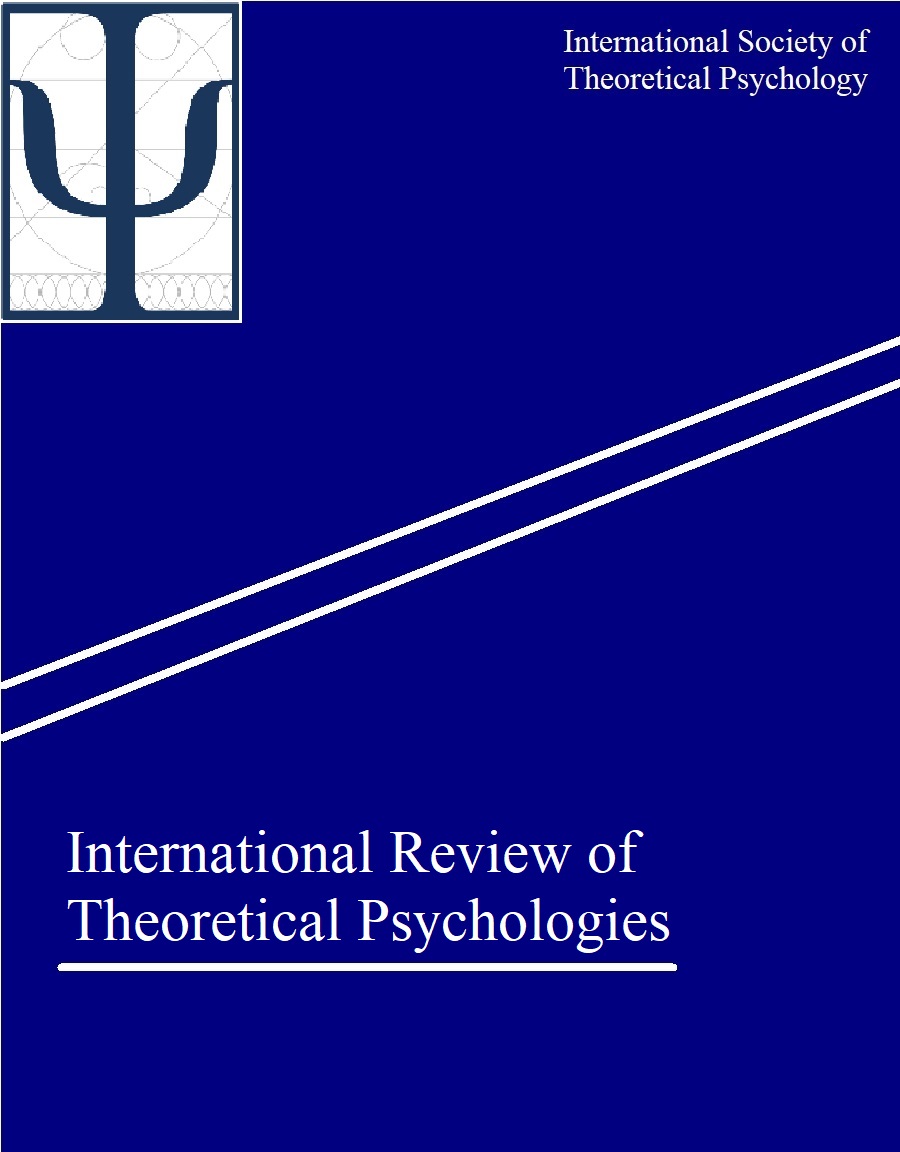Becomings or fixity?
Intersectional challenges to reductive power relations
DOI:
https://doi.org/10.7146/irtp.v1i2.127970Keywords:
Social Acceleration, Intersectional eugenics, Becomings, Fixing inequalitiesAbstract
This paper examines the notion of acceleration as simultaneously dynamic and fast moving but underpinned by legacies from an earlier age that inform their development and the ways in which they inflect social life. It shows how sites of dynamic social acceleration can shift and change its focus over time, while (implicitly) maintaining the same logic of unequal power relations. In order to produce social justice and equality, it is, therefore, necessary to understand the logic and ideologies that underpin social relations and technological developments. The paper starts by illustrating the ways in which social acceleration is both longstanding and constitute ideologies of their time. It then considers the thinking of the UK psychologist Francis Galton, the cousin of Charles Darwin, and the legacy of his work. The third section presents the theoretical resources on which the paper draws. The paper then considers three examples of measurements that reproduce unequal power relations by fixing inequalities in their assumptions, even though they exemplify social acceleration. The three examples are parenting styles, unconscious bias and algorithms. The final main part of the paper considers possibilities for change by briefly historicising statistics and considering how they can be rethought. It also briefly discusses insider resistance to ideological fixity that reproduces and amplifies social inequalities of, for example, racialisation, gender and social class.
Downloads
Published
How to Cite
Issue
Section
License
Copyright (c) 2021 Ann Phoenix

This work is licensed under a Creative Commons Attribution-NonCommercial-ShareAlike 4.0 International License.
IRTP operates based on a non-exclusive publishing agreement, according to which the journal retains the right of first publication, but authors are free to subsequently publish their work. The copyright of all work rests with the author(s).
All content published in IRTP is licensed under a Creative Commons Attribution-NonCommercial-ShareAlike 4.0 International license (CC BY-NC-SA 4.0). This license allows authors and readers to share and adapt content for non-commercial purposes, provided that they abide by the following terms:
- Give credit to the original author(s)/creator(s) and attribution parties (i.e., IRTP);
- Provide a link to the original source, to the extent practicable;
- Include the copyright notice and/or indicate the corresponding Creative Commons license;
- Indicate what, if any, adaptations were made to the original; and
- Share adapted content under the same license as the original.
Authors are encouraged to familiarize themselves with the various Creative Commons licenses. Readers are advised to consult the licensing information embedded in each published work to ensure that they are familiar with the terms of use that apply.





